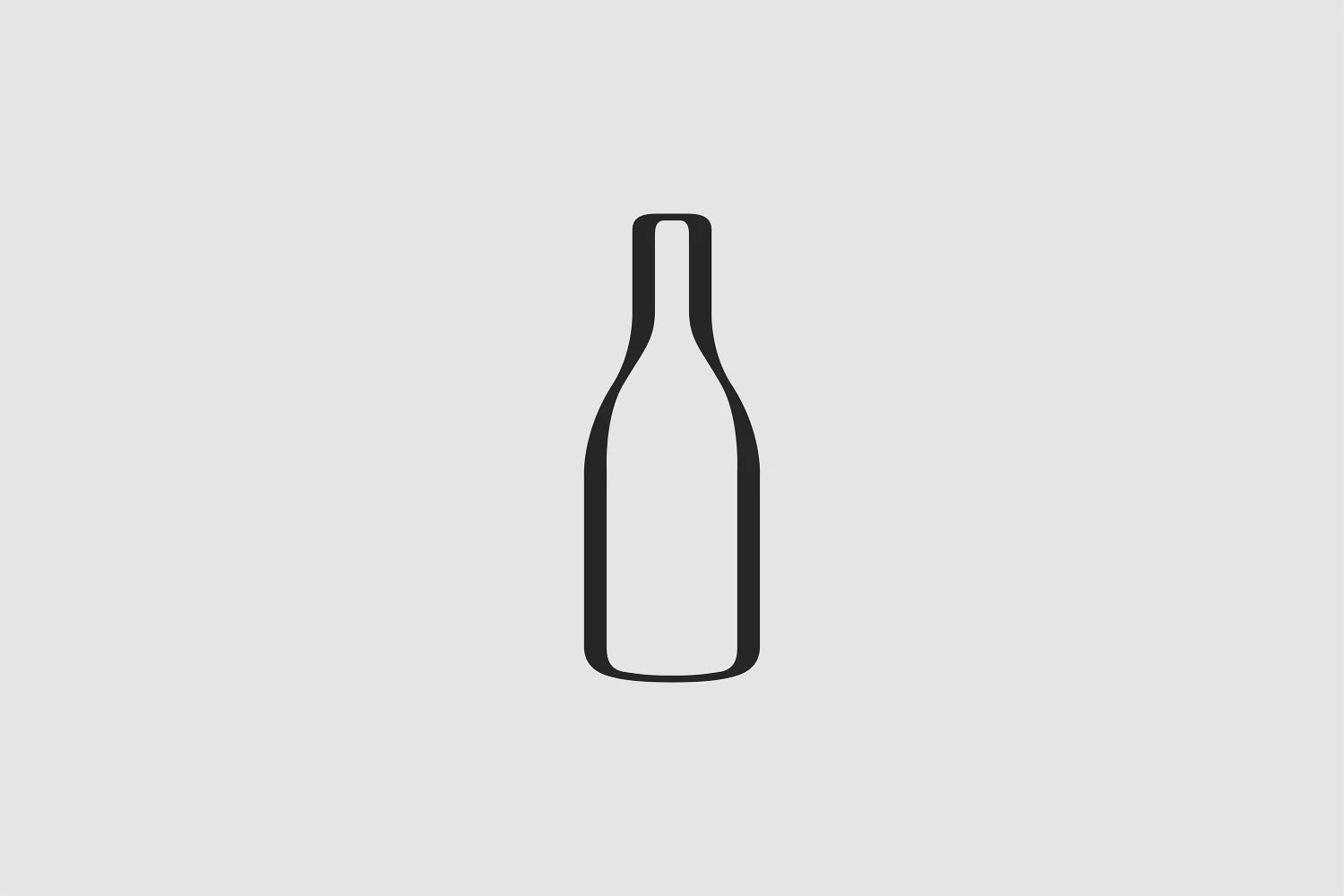
Stroblhof, “Pigeno” Blauburgunder (Pinot Noir)
Other, Italy 2014 (750mL)
Regular price$30.00
/
Your cart is empty.
- In stock, ready to ship
- Inventory on the way
Introducing our newest wine club memberships: 3 Essential Reds, The Sparkling Voyage, and The SommSelect Benchmarks. Enjoy a 20% discount on your first month. Use code WELCOME20 at checkout!

To say that Stroblhof is one of the best Pinot Noir producers in Italy might not be enough for you: Given all the great Pinots we offer from Burgundy, California, Oregon, etc., and considering all the “only in Italy” grape varieties there are to choose from, why bother with an Italian Pinot Noir? Because “Pigeno” is way too good to ignore. And from a value-for-dollar perspective, it’s as good as Pinot Nero gets.
If you are among the countless SommSelect subscribers who’ve heeded our call to embrace German Pinot Noirs, this wine is a kindred spirit—albeit with an extra layer of concentration offering a shout-out to its New World cousins. It’s a world-straddler, which is appropriate given its idyllic, culturally diverse place of origin: Italy’s German-speaking Alto Adige, or Südtirol, way up north where the Dolomites and Alps meet. Pigeno is the name of a hamlet within the town of Eppan/Appiano and the folks at Stroblhof are keen to point out that Pinot Noir—or as they call it, Blauburgunder—has been made here since the late 1800s. Cool, mountain-borne breezes and intense luminosity combine at high altitudes to produce a wine that occupies its own unique place on the world Pinot Noir map, somewhere between Germany and Oregon. It even has some bottle age and is wearing it well. Every box has been checked; all that’s left for you to do is sit back and enjoy!
Stroblhof has been producing wine since the mid-19th century when most of it was served to guests at a small inn on the site. Winemaking at the estate made great strides under the direction of Josef Hanny, who inherited the property from his father and began to attract critical acclaim for his Pinot Noirs in the 1980s. Hanny passed away somewhat unexpectedly in 1993, leaving Stroblhof in the hands of his daughters, Rosmarie and Christine, who continued producing wines with the help of enologist Hans Terzer, a family friend and the longtime Head Winemaker at the St. Michael Eppan cooperative. Later, Rosmarie’s husband, Andreas Nicolussi-Leck, took over viticulture and winemaking, eventually re-planting the estate’s 3.5 hectares of vineyards.
Today, Stroblhof is an impeccably maintained mountain hideaway with a hotel, spa, and restaurant to complement its winery, which operates on a much smaller scale than the cooperatives, like St. Michael Eppan, that are so prominent in the Alto Adige region. Stroblhof is part of an association of small, independent producers known as “Freie Weinbauern Südtirols” (“Free Vintners of South Tyrol”), which was set up to establish quality standards and raise the profile of Südtirol/Alto Adige wine internationally.
Fruit for “Pigeno” (as well as a more-expensive riserva bottling) comes from a southeast-facing vineyard perched at about 500 meters, rooted in soils of red clay, porphyry (a crystalline volcanic rock), and limestone. Today’s 2014 was fermented in stainless steel and aged in used French oak barriques for 12 months, followed by six months in larger casks and five months in bottle before release. That long maturation created a well-integrated, velvety Pinot Noir that has only become more so with further time in bottle: its rounded texture will remind you of more concentrated examples from Germany, with a similar mix of sweet, earthy, and somewhat smoky notes. In the glass, it’s a medium garnet moving to pink at the rim, with a woodland berry fruit component jumping out first, with lots of sappy black and red cherry, violets, geraniums, warm spices, leather, and underbrush to follow. It has some layers to it, but a very softly contoured texture and lots of brightness to the fruit; it will continue to age if you were so inclined, but I don’t see the point of waiting much longer. It’s ready, and it’s delicious: give it 30 minutes in a decanter and you’re good to go. Serve it in Burgundy stems at 60 degrees with some beautiful maitake or porcini mushrooms over polenta; roasted chicken; or some Tyrolean-style dumplings studded with speck (smoked bacon). I will opt for the latter, in the hopes of recreating the pairing on-site at Stroblhof someday. Enjoy!

Heard It Through The Grapevine
Stay up to date with SommSelect.
Gifting has never been easier
Perfect if you're short on time or are unable to deliver your gift yourself. Enter your message and select when to send it.